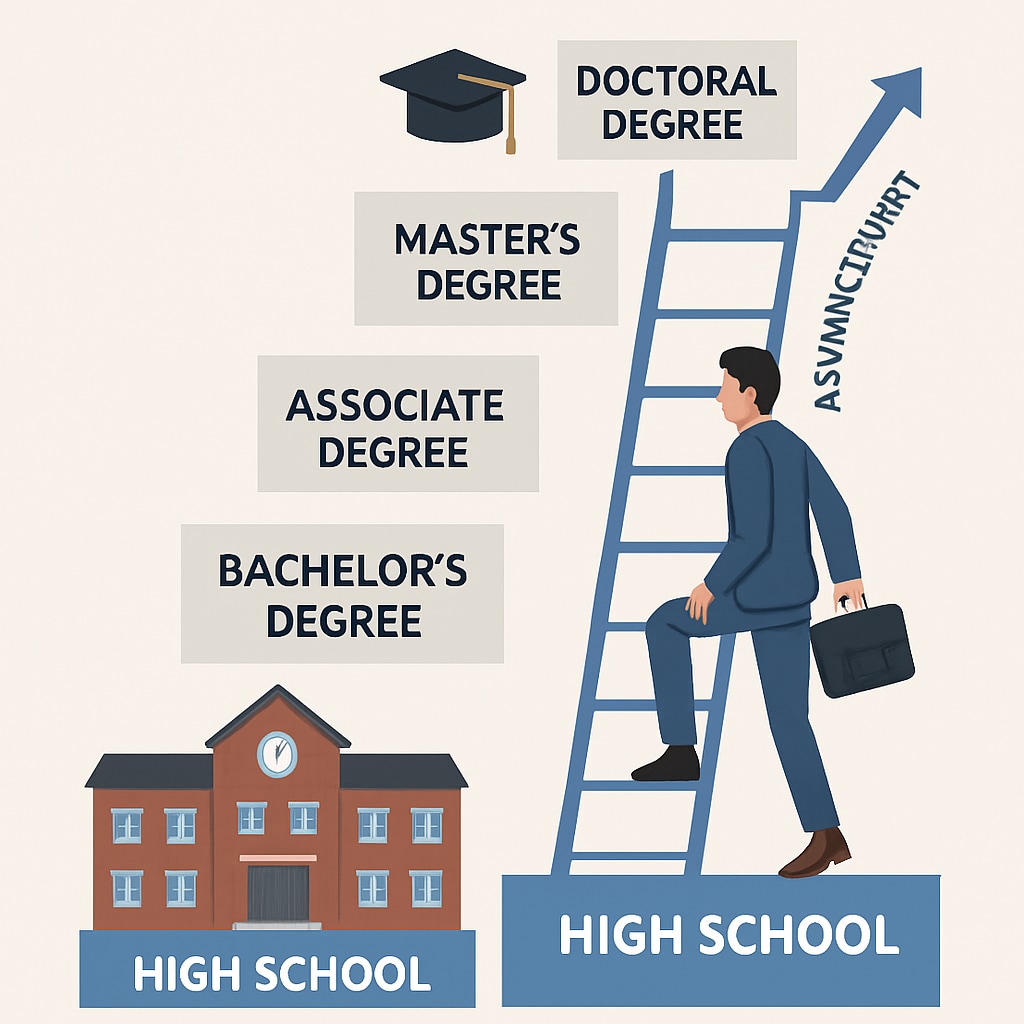In Arizona, a curious employment paradox has emerged: applicants holding multiple college degrees are being rejected for government positions solely because they lack a high school diploma. This creates a puzzling scenario where higher academic achievements are disregarded in favor of a more basic credential. The issue has sparked debates over the role of education in employment qualifications and the coherence of credentialing systems in the state. It raises important questions about the purpose of education and the assumptions underlying hiring policies.
Why Does Arizona Require a High School Diploma for Government Jobs?
The root of the issue lies in Arizona’s hiring policies, which mandate a high school diploma or equivalent (such as a GED) for certain government positions. This requirement is ostensibly in place to ensure a baseline level of education among employees. However, the policy does not account for individuals who pursue higher education without completing traditional high school. For example, someone who obtains a GED later in life and goes on to earn bachelor’s and master’s degrees may still be disqualified for lacking a formal high school diploma.

This rigid approach to credentialing suggests that the state views high school graduation not just as an academic milestone, but as a symbolic rite of passage necessary for employment eligibility. However, it also raises questions about the hierarchy of educational achievements. Shouldn’t a college degree, by definition, supersede the need for a high school diploma?
The Broader Implications of Credentialing Systems
This paradox highlights deeper issues within the education system and its alignment with workforce needs. Credentialing serves as a way to standardize qualifications, but it can also create artificial barriers. For instance:
- Redundancy in Education: Requiring a high school diploma for individuals with advanced degrees disregards the higher-level skills and knowledge they have acquired.
- Barriers to Employment: Such policies can disqualify skilled candidates, especially those from non-traditional educational backgrounds.
- Inconsistency Across States: Other states do not enforce similar rules, leading to confusion for job seekers relocating to Arizona.
Credentialing systems should ideally reflect the competencies required for a role rather than serve as rigid gatekeepers. By prioritizing specific diplomas over demonstrated expertise, Arizona’s policy may inadvertently exclude highly qualified candidates.
Rethinking Education as a Continuous Ladder
The disconnect between high school and higher education in this context underscores the need for a more cohesive educational framework. Education is often portrayed as a ladder, where each step builds upon the previous one. Yet, Arizona’s policy seems to treat high school and college as parallel tracks rather than a continuous path. This fragmentation can have several consequences:
- Undermining Lifelong Learning: Policies like this discourage non-traditional learners who take alternative routes to higher education.
- Devaluing Advanced Education: By emphasizing the need for a high school diploma, the policy inadvertently diminishes the value of college degrees.
- Inflexibility in Workforce Development: As industries evolve, rigid educational requirements may fail to meet the dynamic needs of modern workplaces.

In light of these challenges, Arizona and other states should consider revising their employment policies to better reflect the realities of contemporary education and workforce development.
Moving Forward: What Can Be Done?
To address this paradox, several steps can be taken:
- Policy Revision: Arizona’s government should revisit its hiring requirements to ensure they are inclusive and aligned with modern educational pathways.
- Alternative Assessments: Implementing competency-based evaluations could provide a more accurate measure of a candidate’s skills and qualifications.
- Public Awareness: Educating employers and policymakers about the diverse ways individuals achieve academic and professional success could help reduce reliance on rigid credentialing.
By adopting these measures, Arizona can create a more equitable and effective hiring system that values diverse educational backgrounds and experiences.
Readability guidance: Each section uses clear headings, short paragraphs, and lists to enhance readability. Transition words (such as “however” and “in addition”) are used throughout to ensure smooth flow. The article maintains an average sentence length of 12–16 words, with minimal use of passive voice.


